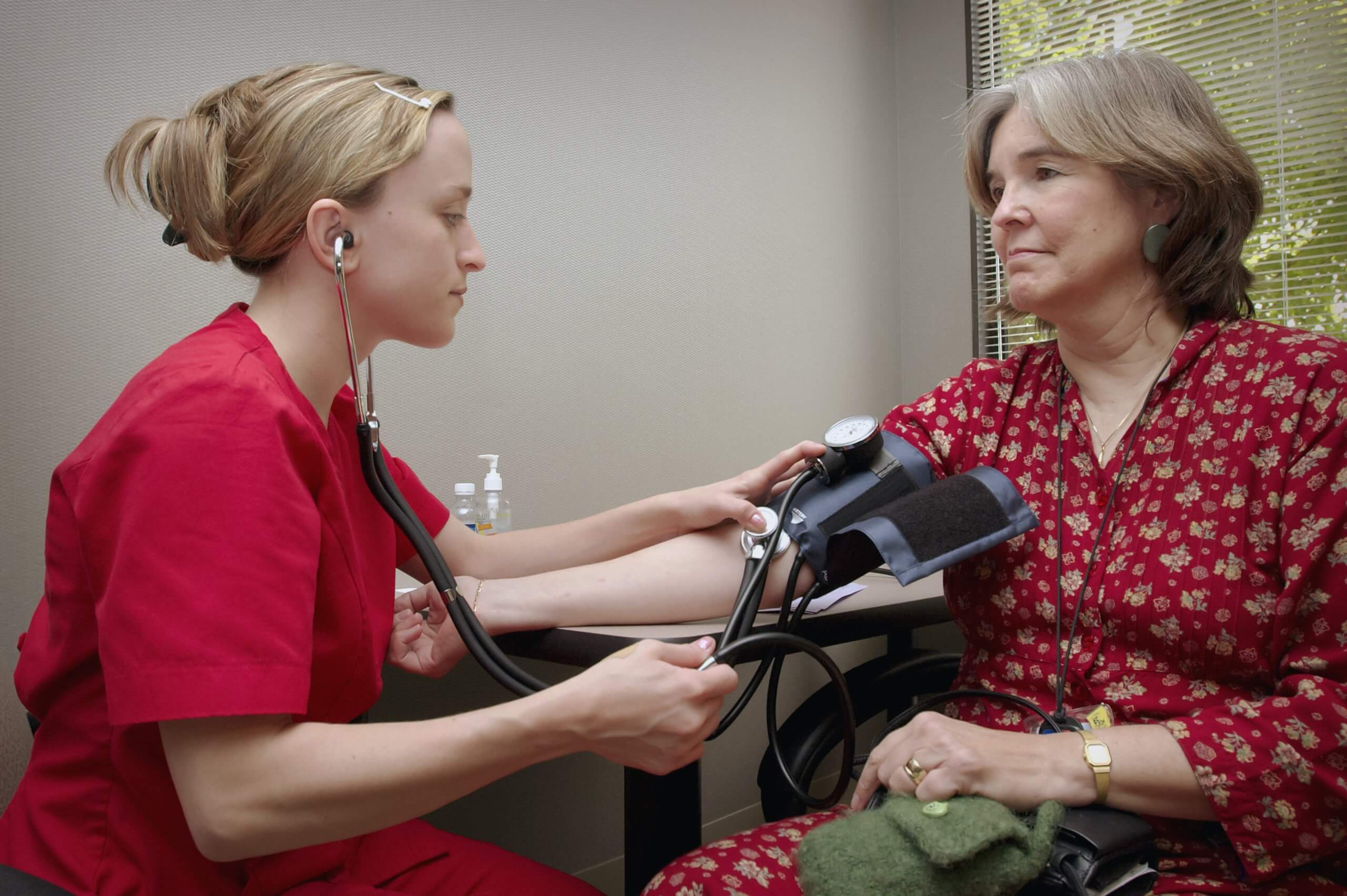Hypertension (high blood pressure) + effective blood pressure drug = lower risk for heart disease and stroke. Hypertension + effective BP drug + a few million gut bacteria = potential for disaster. A new study from The University of Toledo College of Medicine and Life Sciences shows that gut bacteria can reduce the effectiveness of certain blood pressure drugs.
Hypertension is a major risk factor for cardiovascular disease, the leading cause of death in the United States. Almost 50 percent of U.S. adults are hypertensive, by current guidelines for diagnosing the condition.
There is a significant population of individuals with high blood pressure — about 20 percent — in which their hypertension does not normalize, even with aggressive treatment. That condition is called resistant hypertension, according to Tao Yang, assistant professor in the university’s Department of Physiology and Pharmacology.
“The only thing doctors can really do in these patients is adding or switching medications and increasing the dose with the hope they can find something that works,” Yang says in a statement. “Until now, we haven’t had any clear indication what the mechanism is for resistant hypertension. Our research could provide a first step toward identifying new ways to effectively overcome treatment-resistant hypertension.”

In recent years researchers have more intently examined the link between an individual’s blood pressure readings and an individual’s collection of bacteria in their gut.
In this new study, UToledo scientists compared the effectiveness of the antihypertensive drug quinapril in rats with normal gut bacteria against those whose gut microbiota had been depleted by high doses of antibiotics. The drug was significantly more effective in the rats given antibiotics.
The scientists determined that the gut bacteria Coprococcus breaks down quinapril, compromising the drug’s blood pressure lowering effects.
Yang’s research group is now studying the interaction between additional blood pressure medications and other common types of gut bacteria.
Though long-term use of antibiotics isn’t a realistic way to manage high blood pressure, Yang said it should be possible for someone to alter their microbiota through probiotics, prebiotics, and changes in diet.
“The ultimate goal of my research is to identify ways we can specifically target the bacteria in an individual’s gut to improve drug efficacy,” he says. “This has the potential to benefit a lot of people.”
The study is published in the journal Hypertension.
